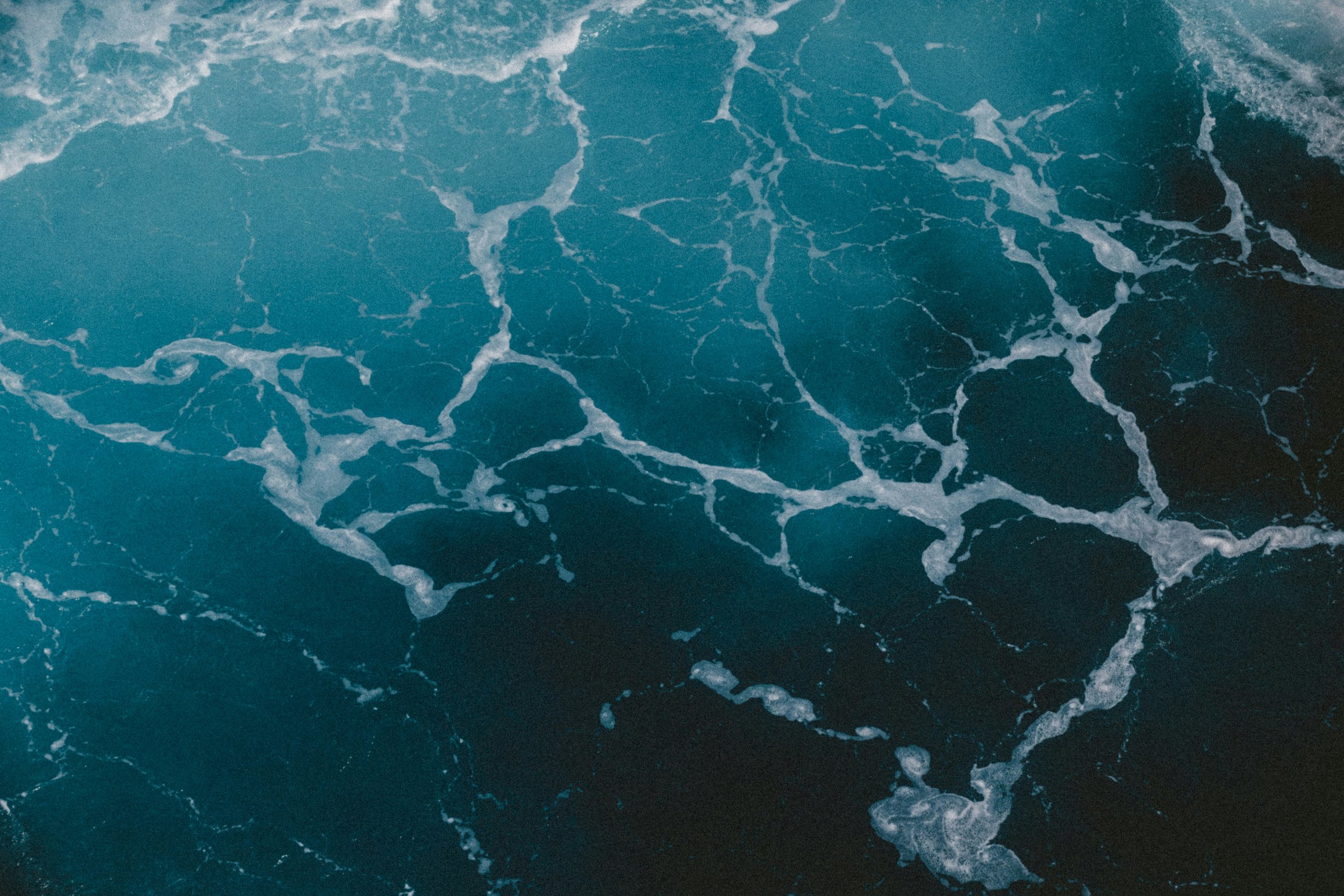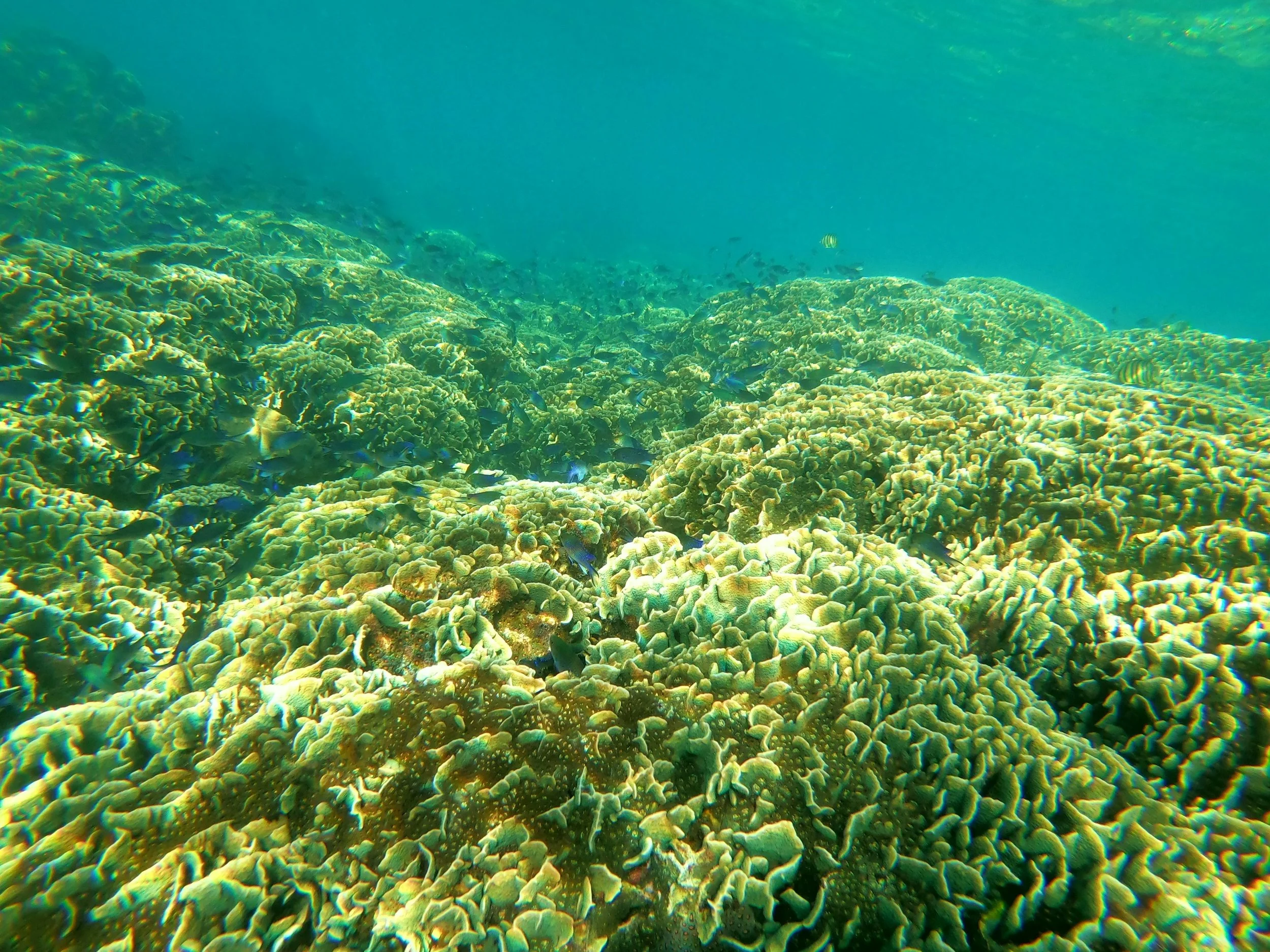
Why Ocean Conservation is important
Climate change & the Ocean
Our oceans have absorbed over 90% of the Earth’s excess heat since the 1950s, now approaching record-breaking warmth.” Ocean warming has accelerated dramatically. May 2025 recorded the second-highest global sea surface temperature ever, and the ocean continues to absorb the planet’s rising heat and CO₂, reducing its buffering capacity and leading to more frequent marine heatwaves. The result? Coral bleaching events and sea-level rise are increasing, threatening coastal ecosystems and communities. This is dangerous because the ocean is Earth's life support system, so when it breaks down, it disrupts weather patterns, accelerates climate disasters, wipes out marine life, and endangers millions of people who depend on it for food, income, and protection.
Overfishing & unsustainable Practices
More than one-third of global marine fish stocks are currently overfished. The FAO reports that approximately 35% of marine fish populations are being harvested beyond biologically sustainable levels. Unsustainable fishing practices, like bottom trawling and unregulated quotas, are eroding ocean biodiversity, disrupting ecological balance, and threatening the food security and livelihoods of hundreds of millions of coastal residents. This is important because it’s not just reducing fish populations, it’s destabilizing entire ecosystems, starving ocean predators, and stripping communities of vital resources. If we don’t shift to sustainable practices and protect marine life now, we risk collapsing the ocean’s food web and losing one of Earth’s most essential life systems.
Pollution Crisis
Every minute, the equivalent of two garbage trucks full of plastic enters our oceans. Between 33 billion pounds and 37 million metric tons of plastic flow into marine ecosystems annually, with plastic now predicted to outweigh fish by 2050. Microplastics flood the food chain, even entering our seafood and water supply, while chemical pollutants and runoff add toxic nutrients that create harmful algal blooms. This is important because polluted oceans are destroying marine ecosystems and harming the animals that depend on them. Sea turtles mistake plastic bags for jellyfish and die from starvation. Seabirds and whales are found with stomachs full of plastic, while coral reefs suffocate. At the same time, ocean pollution puts humans at serious risk, contaminating the food we eat, threatening livelihoods tied to fishing and tourism, and disrupting the ocean systems that regulate our climate and air quality.
habitat destruction & biodiversity loss
We risk losing up to 90% of coral reefs in the next two decades. Warming waters, acidification, and pollution are decimating reefs already—scientists estimate that 70–90% could vanish by 2045. These habitats are home to 25% of marine species and are vital for coastal protection and livelihoods. Current marine heatwaves have already triggered the worst global coral bleaching event ever—94% of reefs impacted in places like Australia and Central America. This matters because when coral reefs and other marine habitats collapse, entire ecosystems unravel, leading to mass species extinction, weakened coastlines, and a sharp loss of biodiversity that the planet cannot replace. These fragile ecosystems are the foundation of ocean life, and without them, the ocean loses its ability to sustain both marine species and human communities.





